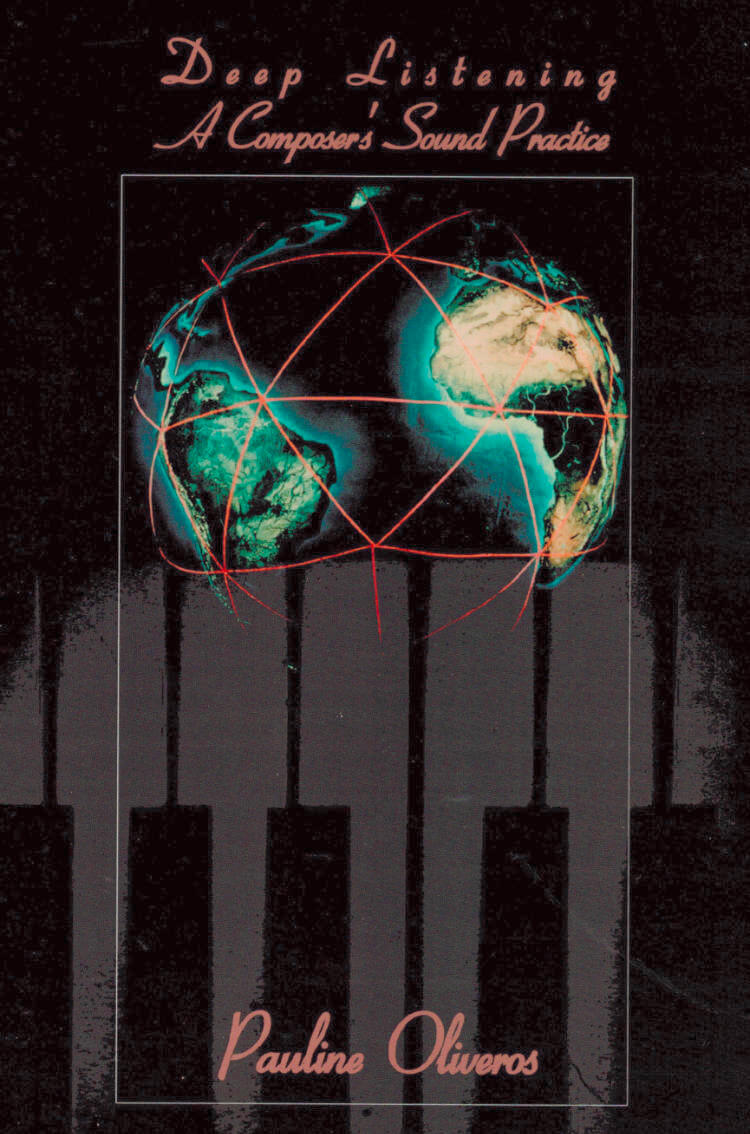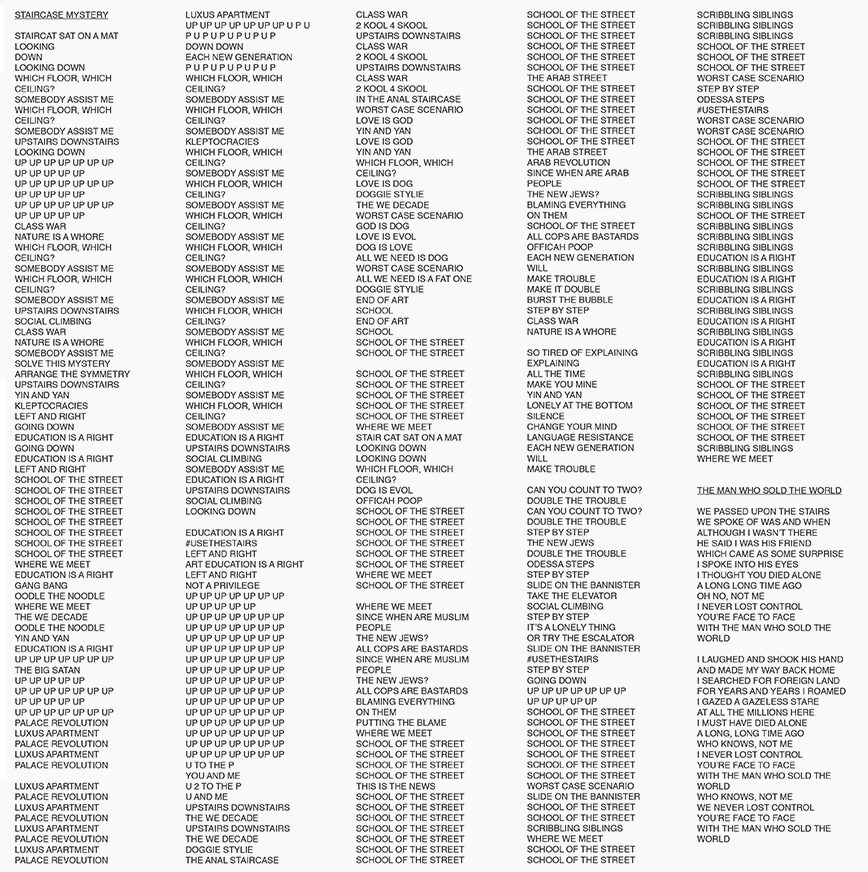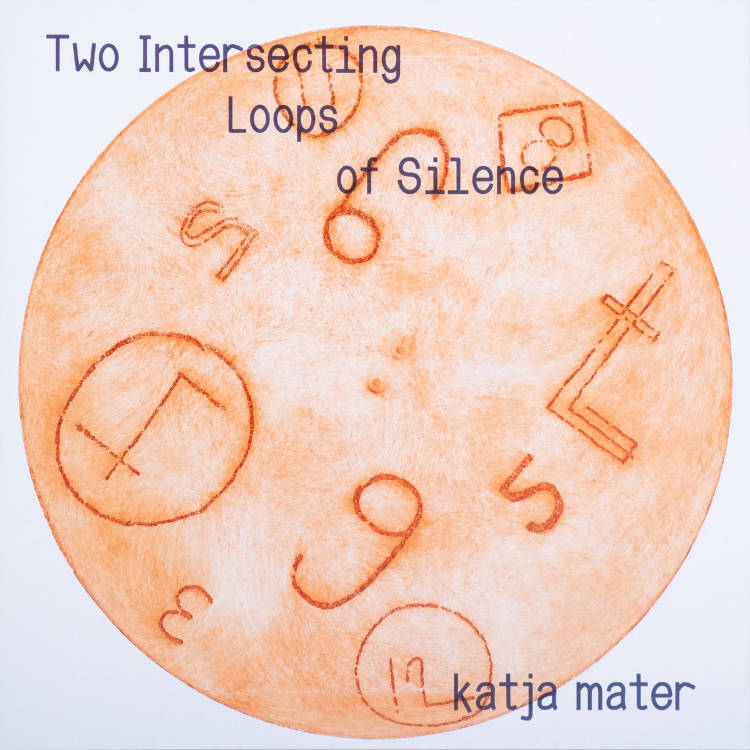
13 Visions - after Pauline Oliveros & Hildegard Von Bingen
«13 Visions» is a series of compositions by Clara Lévy, performed by herself on violin. They are conceived as an imaginary meeting between two composers whose musical aesthetics share many common traits, despite the centuries separating them: Hildegard Von Bingen (c. 1098 – 1179) and Pauline Oliveros (1932 – 2016).
The two composer's respective visions are thus intertwined by Levy in a cycle of thirteen pieces for solo violin. Somewhere between composition, arrangement and quotation, the starting point of this project is the text score «Thirteen Changes» by Pauline Oliveros, consisting of thirteen poetic instructions inspired by earthly or cosmic events.
The present work preserves the structure intended by Pauline Oliveros in «Thirteen Changes», while her instructions, utilised as compositional constraints, determine the sound universe of each piece through various playing techniques and preparations for the instrument. To each of these instructions, Levy associates a chant by Hildegard Von Bingen, letting her music be indirectly quoted in the choice of pitches. Hence, the chants appear here as «negatives»: the violin, playing the role of the drone, proposes a sober harmonisation of the chosen melodies.






